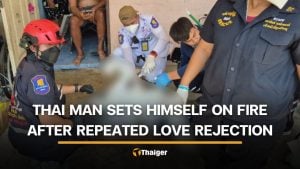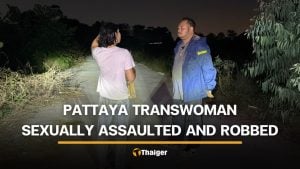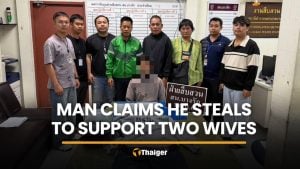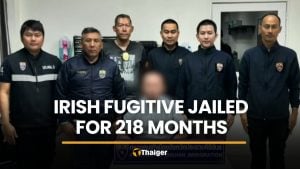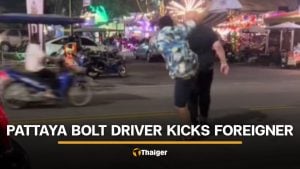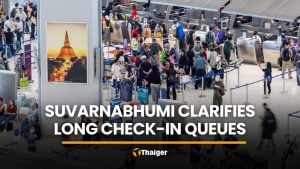Tesco slavery case – Thai police raid ‘sweatshop’
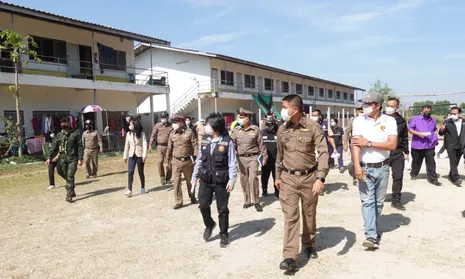
Thai police have raided the former Tesco supplier at centre of a slavery claims by Burmese workers.
The VK Garment (VKG) factory in Mae Sot is subject of a UK lawsuit against the supermarket chain from 130 ex-workers who claim they were trafficked, raped and abused.
Thai police and labour officials inspected conditions and interviewed employees at the factory over alleged sweatshop conditions.
The Guardian revealed earlier this week that Burmese workers who produced F&F jeans for Tesco Lotus, as it was at the time, were forced to work 99-hour weeks for illegally low pay in appalling conditions. Tesco sold its share of the company in 2020.

Deputy national police chief, Gen Surachet “Big Joke” was back in the job as he personally led a raid at the factory in Mae Sot, with a team of senior police and labour officials.
Tesco faces a landmark lawsuit in the UK, following claims by Burmese workers and the reported rape a seven-year-old girl in factory accommodation. Her mother was working unpaid overtime and when she returned to her room she found her daughter bleeding and in distress, having been raped by a coworker. She said a manager told her not to call an ambulance because the hospital might alert the police.
Big Joke said…
“Once I learned about the incident, I immediately contacted the department of labour and welfare to inspect the factory. I had a tour of the factory site, worker accommodation and interviewed workers. I found that the company has an issue with wage payment to the workers and that the case is still in process with the labour court.”
Somchai Homlaor, head of the Human Rights and Development Foundation, said…
“The Guardian’s reports attracted big attention from government authorities. I don’t think that in the long term this issue will be solved systematically”.
More than a dozen people said the factory opened bank accounts for them and then kept the cards and passwords to make it appear as if they were paid minimum wage, around 330 baht per day at the time. Most workers say they relied on the factory for their immigration status, with some claiming that their documents were held by the factory, leaving them in debt bondage. Accommodation quarters allegedly consisted of overcrowded rooms with concrete floors.
Oliver Holland, the solicitor at Leigh Day leading the UK case against Tesco, said…
“The police raid illustrates how important it is that there is international spotlight on the case. Our clients’ allegations of forced labour have been the subject of Thai proceedings since 2020, yet it is only now that there is a response from the authorities.”
The labour court ruled they were only entitled to severance pay and notice from the factory after being dismissed in 2020.
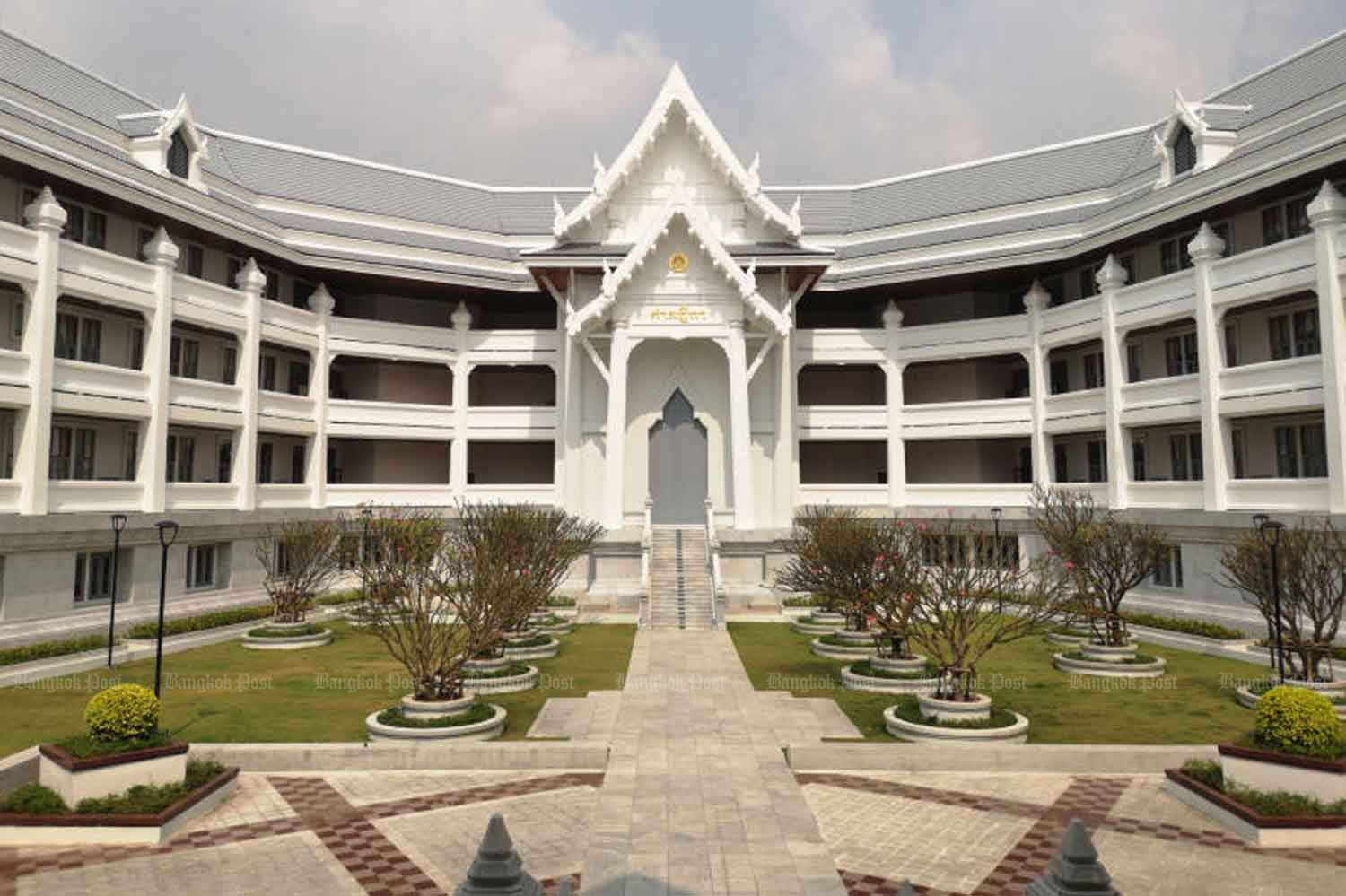
A Tesco spokesperson said…
“Protecting the rights of everyone working in our supply chain is absolutely essential to how we do business. In order to uphold our stringent human rights standards, we have a robust auditing process in place across our supply chain and the communities where we operate.
“We understand the Thai labour court has awarded compensation to those involved, and we would continue to urge the supplier to reimburse employees for any wages they’re owed.”
Sirikul Tatiyawongpaibul, the managing director of VKG, said officers found nothing illegal despite claims by Burmese workers, adding…
“We have provided safe working conditions to all employees. We are regularly audited by independent auditors who are not affiliated with the company to maintain good working conditions for our employees and as required by law.”
Latest Thailand News
Follow The Thaiger on Google News:



